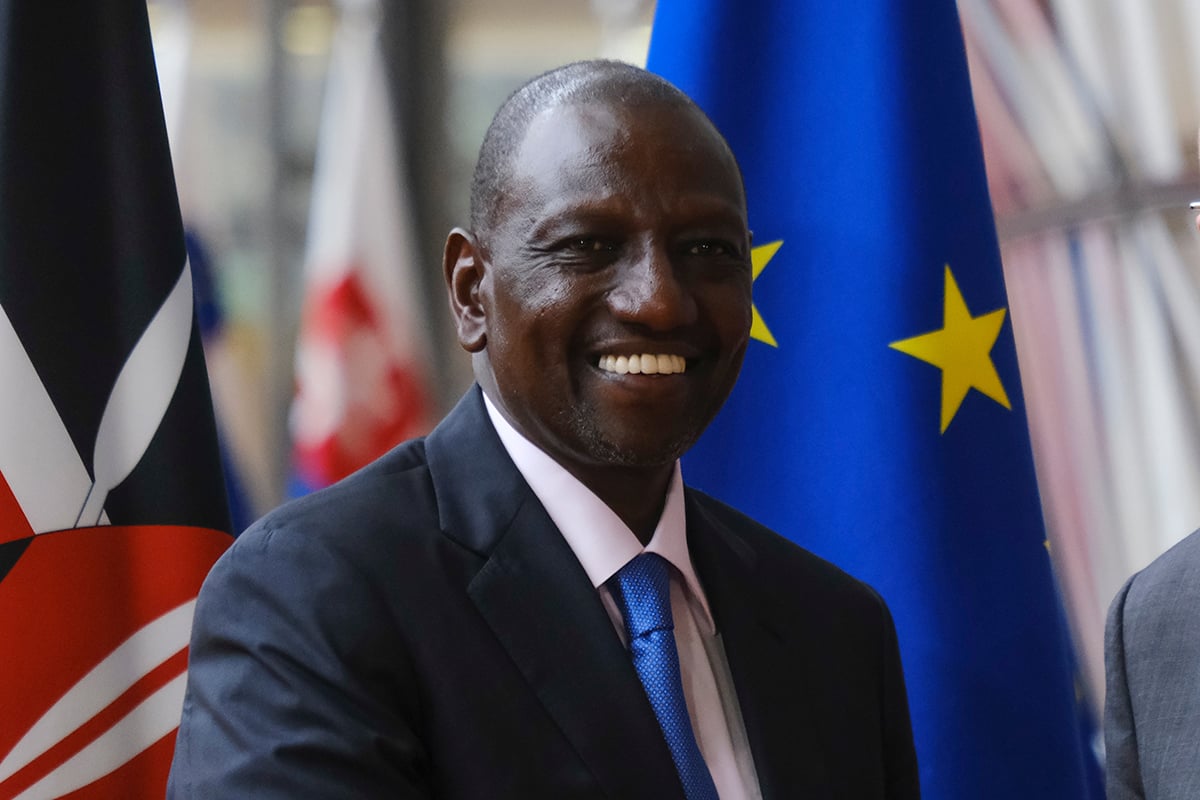The Africa Climate Summit wrapped up this week with Kenya’s President, William Ruto, announcing a whopping $23 billion in commitments for eco-friendly projects. These pledges come from various entities including governments, investors, development banks, and philanthropists.
The event emphasized the importance of green growth and innovative financial strategies for climate change. It concluded with the “Nairobi Declaration.” This document was a collective call to arms from African leaders, highlighting the pressing need for immediate action. Proposals in the declaration included implementing new worldwide carbon taxes, halting coal usage, and discontinuing fossil fuel subsidies.
Many African nations, as pointed out by their leaders, are unfairly shouldering the severe impacts of climate change, even though they aren’t the primary contributors to the global warming issue. Their joint statement read, “Though Africa isn’t a primary cause of global warming, we are significantly affected by its consequences on our people, their means of living, and our economies.”
One of the standout financial commitments came from the United Arab Emirates, with a $4.5 billion pledge for African renewable energy initiatives. This promise was presented by Sultan Al-Jaber, leader of UAE’s national oil company, ADNOC, and the state-backed renewable energy firm, Masdar. Notably, Al-Jaber is slated to preside over the forthcoming COP28 UN climate conference in Dubai this November.
Al-Jaber expressed optimism about the pledge’s potential, foreseeing it catalyzing the creation of 15 gigawatts of green energy by 2030, a significant boost from Africa’s current 56 gigawatts.
Yemi Osinbajo, once Nigeria’s vice president and currently an advisor for the Global Energy Alliance for People and Planet (GEAPP), sees this as a pivotal move. He told CNN that it signifies a genuine dedication to tackling climate change by funnelling investments into Africa’s renewable energy sector, a move essential for emission reduction, job creation, and broader socio-economic upliftment.
Further pledges included Germany’s 450 million euros (around $481 million) and the US’s $30 million for fortifying climate-resistant food security in Africa. Additionally, initiatives are underway to bolster Africa’s carbon credit production substantially by 2030.
Osinbajo praised the potential of carbon credits, envisioning them as transformative for the African continent, offering a pathway for significant financial backing while advancing various other vital agendas. Conversely, certain activists in Nairobi critiqued this viewpoint, suggesting that carbon credits provide wealthy nations and corporations a loophole to persist with their polluting activities.
The leaders’ joint declaration appealed to the global community for proactive measures in emission cuts, honouring prior commitments, and aiding Africa in navigating climate-related challenges. They proposed expedited emission reduction, upholding the $100 billion annual climate finance vow from the 2009 UN Climate Change Conference in Copenhagen, and a just and swift strategy to phase out coal and nullify fossil fuel subsidies.
In their statement, they recognized the opportunity in global decarbonization efforts to promote equality and common prosperity.
Osinbajo believes the summit reframed Africa’s narrative. He emphasized that Africa, endowed with abundant renewable resources, a young and expanding workforce, and vital minerals, possesses the foundation to emerge as an economical green industrial nexus. This can catalyze eco-friendly practices within and outside the continent while also aiding carbon sequestration.
In the face of a global climate crisis, the Africa Climate Summit stands as a testament to the continent’s resilience and commitment to forging a sustainable future. While the world grapples with the challenges of climate change, Africa, with its untapped potential and youthful vigour, is poised to lead the way in renewable energy and green initiatives. By harnessing this potential and ensuring that the pledges made are honoured, Africa can not only protect its own future but can also offer lessons and solutions for the global community.







